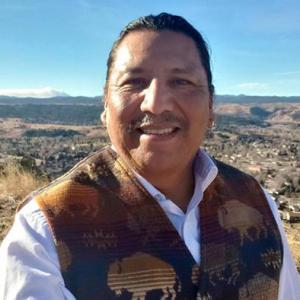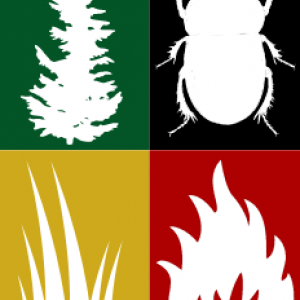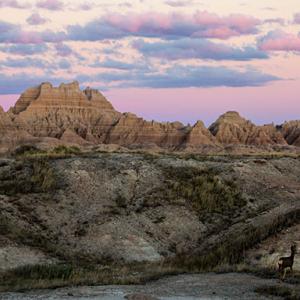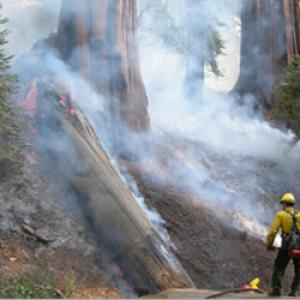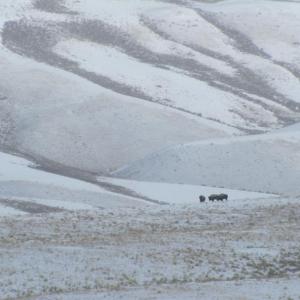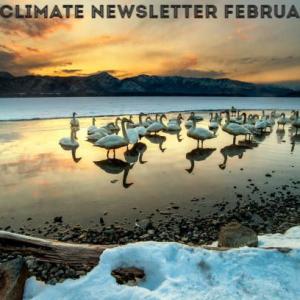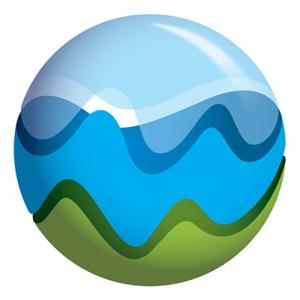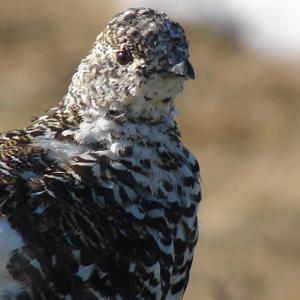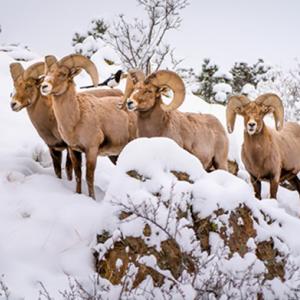News
New Publication by Brian Miller: "Conservation under uncertainty: Innovations in participatory climate change scenario planning from U.S. national parks"
NC CASC/USGS Research Ecologist Brian Miller is the primary author of a new publication, "Conservation under uncertainty: Innovations in participatory climate change scenario planning from U.S. national parks".
Phil Higuera Co-authors New Paper, "Developing strategies to support social-ecological resilience in flammable landscapes: A structured approach for natural resource managers and other stakeholders"
NC CASC consortium partner, Phil Higuera, University of Montana, is co-author on a new paper, "Developing strategies to support social-ecological resilience in flammable landscapes: A structured approach for natural resource managers and other stakeholders". The paper is a product of the USDA/US Forest Service Joint Fire Science Program.
Brian Miller to Present at the Center for Geospatial Analytics at North Carolina State University
On February 24th, Brian Miller, NC CASC Research Ecologist, will be giving an invited presentation to the Center for Geospatial Analytics at North Carolina State University as part of their 2021-22 Geospatial Forum series.
Brian Miller Co-author on New Publication: "Increasing the Uptake of Ecological Model Results in Policy Decisions to Improve Biodiversity Outcomes"
NC CASC/USGS Research Ecologist, Brian Miller, is co-author on a new publication in Environmental Modelling and Software, "Increasing the uptake of ecological model results in policy decisions to improve biodiversity outcomes".
NC CASC February Tribal Climate Newsletter Now Online
The NC CASC February 2022 Tribal Climate newsletter is now available online.
NC CASC's Rattling Leaf to Serve as Panelist on Upcoming American Meteorological Society (AMS) Webinar
NC CASC's James Rattling Leaf, Sr. will be a panelist on an upcoming American Meteorological Society (AMS) webinar at 10 – 11:30 AM MST on Tuesday, February 22, 2022, "How Can Spiritual and Faith-Based Knowledge Systems Inform the Weather, Water, and Climate Enterprise?"
NC CASC Webinar Series Webinar: Developing Climate Information for US Fish and Wildlife Service Species Status Assessments Using the Climate Toolbox
Please join us for the NC CASC Webinar Series Webinar on Thursday, February 10, 2022, 11a -12p MST: "Developing Climate Information for US Fish and Wildlife Service Species Status Assessments Using the Climate Toolbox"



